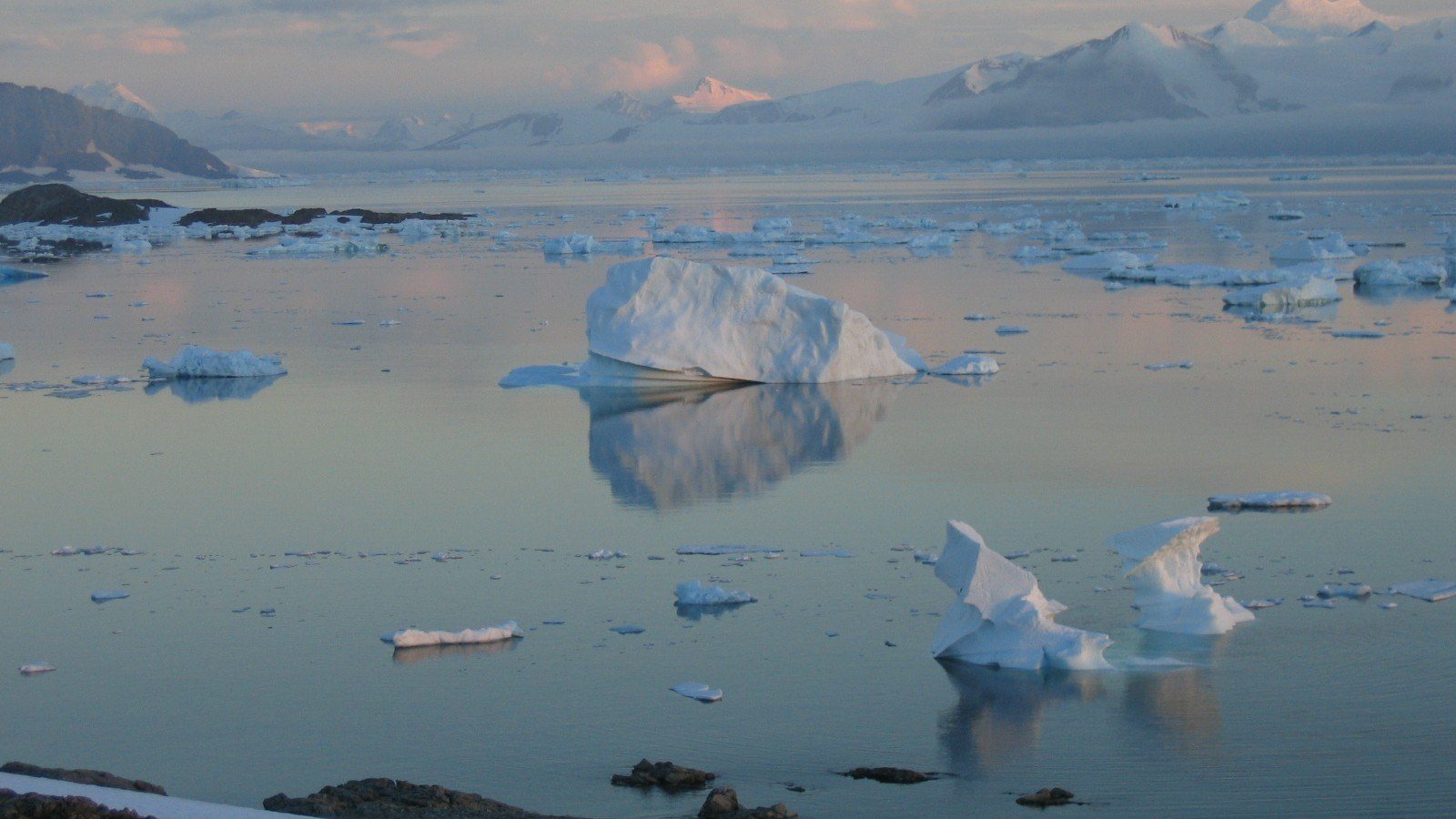Scientists at the University of Aberdeen uncover glimpses of the secret to ‘eternal youth’ thanks to an unlikely creature – the Antarctic clam.
Researchers from the University of Aberdeen, the British Antarctic Survey and the University of Alabama were studying the Antarctic Clam when they identified key genes that are linked to aging in clams that live a long time and in subzero temperatures.
They found the activity of these genes is not solely controlled by a process called epigenetic methylation, as was previously thought.
The team’s findings suggest the clam has evolved more copies of genes related to immune and biomineralisation functions to survive the freezing conditions. At the same time it utilises specific genes, essentially turning them on or off, to both live long and cope with the cold.

View from Rothera Research Station, Antarctica where the animals were collected. Photo credit Melody Clark
Dr Victoria Sleight from the University of Aberdeen’s School of Biological Sciences said: “We first sequenced and assembled the animal’s genome and found gene families that were expanded or contracted and then identified the genes that were being turned on and off in different ages and stress states.
"We were able to study mechanisms that control the genes that are switched on and off – called epigenetics. We found that genes very active in young animals were silent, or switched off, in old individuals.
"The silent genes in old animals could then be reactivated by stressful stimuli such as shell damage. Therefore, by switching specific genes on or off, the clam can direct its limited resources to different physiological priorities throughout life.

The Antarctic clam in its natural habitat buried in sediment (pairs of small siphon holes) Photo credit: British Antarctic Survey
“To our surprise, we found the patterns of genes being switched on or off, were not associated with an epigenetic mechanism called methylation. And so, the control of a critical changes in gene activity from young to old in the Antarctic clam, and likely other bivalves such as oysters and mussels, is still unknown.
"But our data show that we can now rule out methylation as an epigenetic mechanism controlling aging related changes in gene activity.
“By developing new genetic resources for animals in extreme environments, such as the subzero Southern Ocean in Antarctica, we can now answer fundamental questions about how life works at its limits.”
The study is published in Open Biology. Funding from the project came from a Natural Environment Research Council Biomolecular Analysis Facility (NBAF) grant, UKRI-NERC core funding to the British Antarctic Survey and from the National Science Foundation in the USA.